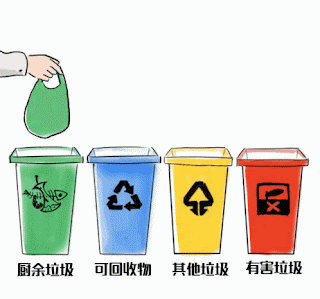INTRODUCTION
In a global context where the fragile equilibrium of our surroundings faces continual jeopardy, the importance of a powerful Environmental Awareness Campaign has become increasingly vital. Our home, the planet, is signaling distress with phenomena like melting glaciers, unpredictable weather shifts, and diminishing biodiversity. This serves as a summons for proactive measures, and in the subsequent blog post, we will delve into the importance of an Environmental Awareness Campaign and its potential to initiate constructive transformations.
PROMOTING TREE PLANTING
Encouraging the cultivation of tree crops stands as the most impactful environmental awareness campaign. Trees hold immense value in human life, playing a crucial role. Planting more trees not only benefits the global environment but also aids in the restoration of lost forests, the rehabilitation of damaged ecosystems, and the mitigation of climate change. Schools can actively engage students in tree planting initiatives, aligning with government campaigns for environmental conservation. In essence, promoting tree planting serves as a proactive measure to safeguard the environment from pollution and contributes to a sustainable future.
The No Plastic Bag Day campaign in Malaysia seeks to instill a daily environmental commitment beyond a weekly event, garnering support from major retailers. Globally, 500 billion to 1 trillion plastic bags are used annually, contributing to environmental concerns. The production of plastic bags depletes precious oil resources, and the resulting benzene production poses carcinogenic risks. Improper disposal leads to pollution, affecting water sources and soil fertility, with burning releasing harmful carcinogens. Urgent action is crucial to mitigate these environmental impacts and ensure a sustainable future for generations to come.
Recycling, a cornerstone in promoting Earth's well-being, involves the integral principles of reusing, reducing, and recycling. It transforms raw materials into new ones, addressing the substantial daily waste production of paper, plastic, metal, and glass. Implementing recycling at home is crucial, and simple steps like repurposing glass bottles and using plastic containers contribute significantly. Innovative thinking expands recycling possibilities, with its profound importance lying in the positive impact on the environment and Earth's sustainability. By actively reducing waste, we play a vital role in fostering a cleaner, healthier ecosystem.
GO PAPERLESS
The world is swiftly transitioning to a digital era, marked by the paperless revolution where traditional documentation is replaced by digital formats. This blog post advocates for environmental conservation through the promotion of paperless practices, focusing on offices as ideal starting points. The emphasis is on implementing online file sharing methods like email attachments, cloud services, and dedicated applications to reduce paper usage. By adopting such practices, employees actively contribute to green initiatives, minimizing their carbon footprints. The paramount importance of a sustainable environment is underscored, citing benefits like energy conservation, reduced deforestation, and the preservation of crucial biodiversity. The call to action encourages collective efforts to save the Earth through embracing paperless strategies.
SUMMARY
This blog post underscores the significant benefits of environmental awareness campaigns for both the nation and its inhabitants. Such initiatives offer the global population the chance to gain the knowledge, skills, attitudes, and values required to safeguard, preserve, and enhance the environment for current and upcoming generations. Additionally, these campaigns shed light on the environmental issues associated with plastic use, fostering awareness among all stakeholders. Consequently, the responsibility of maintaining a clean environment is a collective one. It is imperative for individuals to discard the indifferent mindset and collectively work towards protecting the global community from ongoing environmental degradation.

















